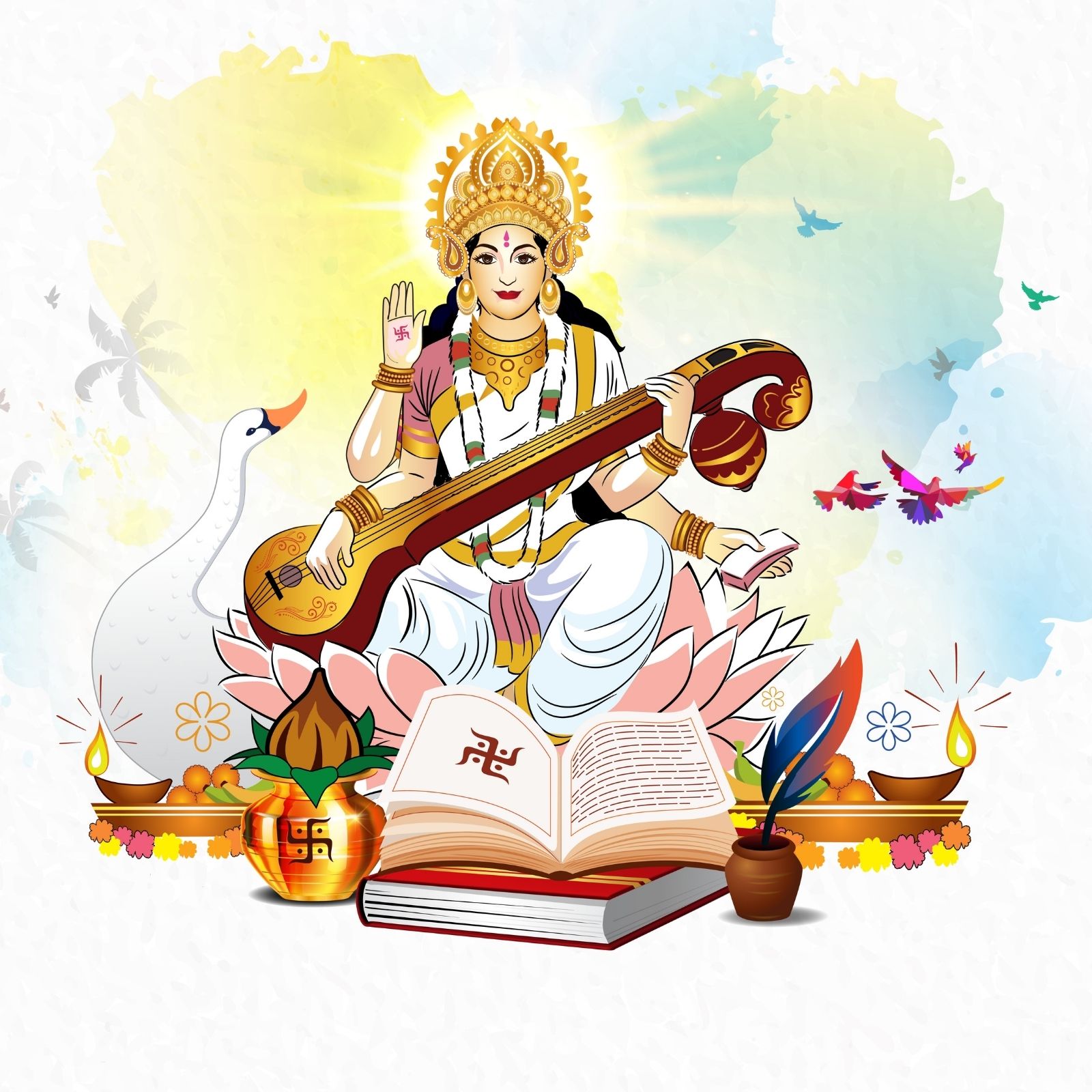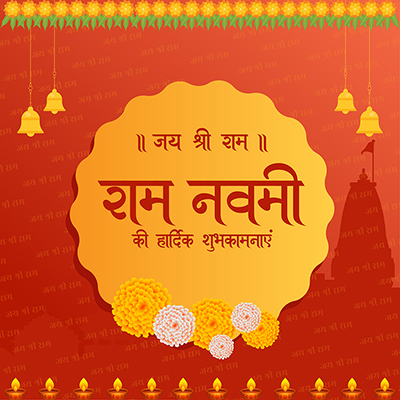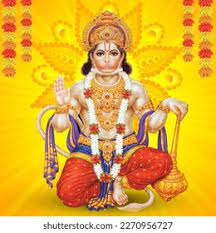Vasant Panchmi
Vasant Panchami
India is a land of festivals and rituals. We celebrate more festivals
than anywhere else in the world. Each festival pertains to different
occasions, and Vasant Panchami is a festival that welcomes the
spring season of the year. It is one of the most auspicious festivals
which is celebrated in most parts of India either in the month of
January or February.
Vasant Panchami is celebrated on the fifth day of Shukla Paksha of Magh Maas and dedicated to the Hindu Goddess Saraswati who is the goddess of knowledge, language, music, and all arts. Devotees worship the deity with yellow flowers, gulal, water offerings, incense, lamp, etc. As per the tradition, yellow-colored sweets and yellow sweet rice, and yellow colored Halwa are offered to Goddess and then consumed as Prasada.
Saraswati Puja takes place on a grand level in the eastern states of India such as Odisha, Bihar, West Bengal, and Assam. On this holy day, people worship Goddess Saraswati and visit Her temples. Most of the schools, colleges, educational institutes, and universities observe it with a holiday and arrange special Saraswati puja for their students in their premises. In central and western parts of India, people wear jasmine garlands and fly kites to celebrate this festival. Sikhs distribute food to the needy (known as Langar) to celebrate the new crop season or yellow festival whereas in Uttarakhand, people worship Goddess Parvati and Lord Shiva and as the mother and father of the earth.
Significance: In ancient times, Goddess Saraswati used to be worshiped before the initiation of a child's study. Since ancient days, there has been a ritual of writing Beej Mantra of Goddess Saraswati “Om” as the first syllable of education. On this auspicious day, many parents make it a point to sit with their young kids to make them study or write their first word “Om” to begin their studies. As per the teachings of sacred textbooks, great poet Kalidas and the great sages like Valmiki, Vashishtha, Vishwamitra, Shaunak, and Vyas became successful only by the worship of Goddess Saraswati. Therefore, Hindus celebrate this ritual with great sincerity and favour to get blessings of goddess saraswati.
According to Hindu mythology, Basant Panchami indicates the beginning of the warm and fertile spring season after the winter. Farmers harvest new crops and enjoy the vibrancy and brilliance of nature.
Astrologically, Basant (spring season) has special significance, and Basant Panchami, the fifth day of the bright half of Hindu month Magh is such an auspicious time (Muhurta) that is suitable for all auspicious events like marriage, naming ceremony, and house warming. Thus, Hindus perform all kinds of rituals without hesitation and without making any analysis of Panchang or astrological suggestion.
Mantras to chant on this day: Goddess Saraswati originated from Sattva Guna and bestows creative energy and knowledge to those who worship Her on this day. It is believed that chanting of the following mantras 51 or 108 times to praise Goddess Saraswati brings fruitful results in education, career, and all new beginnings. Some divine mantras are given below:
• Om Shree Saraswatyai Namah
• Om Aim Klim Sauh Shri Mahasaraswatyai Namah
• Om Hrim Aim Hrim Om Saraswatyai Namah
• Om Aim Saraswatyai Namah .
Legends of Vasant Panchami: • According to a story from Hindu scriptures, the day of Vasant Panchami is considered as the beginning of life on earth. Once, Lord Brahma was very delighted with the creation of the beautiful world. As a result, he set out on a journey to see the whole world. After visiting the whole world, He was disappointed with complete silence. Each and every living being on the planet Earth appeared very lonely. Lord Brahma gave a lot of thought to His own creation and come up with a brilliant idea. Immediately, He had sprinkled some water from His Kamandal and an angel appeared from a nearby tree. The angel had a Veena (string musical instrument) in her hand. Lord Brahma requested her to play some music and to sing some hymns for everything on Earth. As a result, the angel started playing some music and blessed the people of the Earth with the new vibrations of music, voice, love, joy, and enthusiasm. Since then, that angel was popularly known as Goddess Saraswati as well as Veena Vadini (harp player). Devotees started celebrating this auspicious day of Vasant Panchami as the birthday of Goddess Saraswati.
• Another important story from the Matsya Purana which is associated with this captivating festival is the story of the Kamadeva, the Hindu god of Love, and his wife Rati. According to this story, God Kamadeva’s was burnt to ashes by Lord Shiva for his wrongdoings.
Consequently, distraught Rati, the consort of Kamadeva had to undergo 40 days of strict penance to appease Lord Shiva. It was on the auspicious occasion of Vasant Panchami that Lord Shiva finally granted her wish and brought Kamadeva to life. From that day onwards, Lord Kamadeva along with his wife Rati are worshipped by devotees in many parts of India with another festive called Rati-Kaam Mahotsav.
• As per another story, Lord Rama, an incarnation of Lord Vishnu ate half-tasted grapes and berries of Mata Sabari. So, to remember this pious day, the festival of Vasant Panchami is celebrated.
Summary: Vasant Panchami is an ancient Hindu festival that marks the beginning of the spring season as
well as the beginning of many other auspicious events. The day has special significance in Indian culture.
Indians celebrate this pious day as the birthday of Goddess Saraswati, who is the Goddess of education,
wisdom, knowledge, and speech. As an age-old tradition toddlers begin their writing or reading from this
pious day in a unique ceremony named Khadi-Chuan/Vidya-Arambha (starting of education). Yellow color
is the theme for Vasant Panchami. On this holy day, devotees wear yellow-colored dresses and offer
yellow flowers to worship mother Saraswati.


